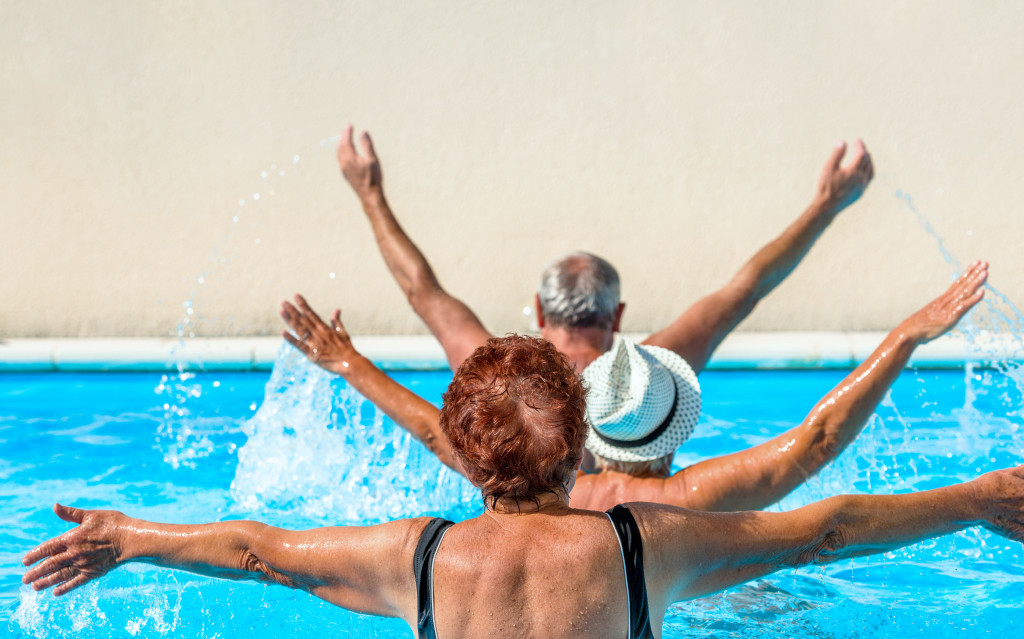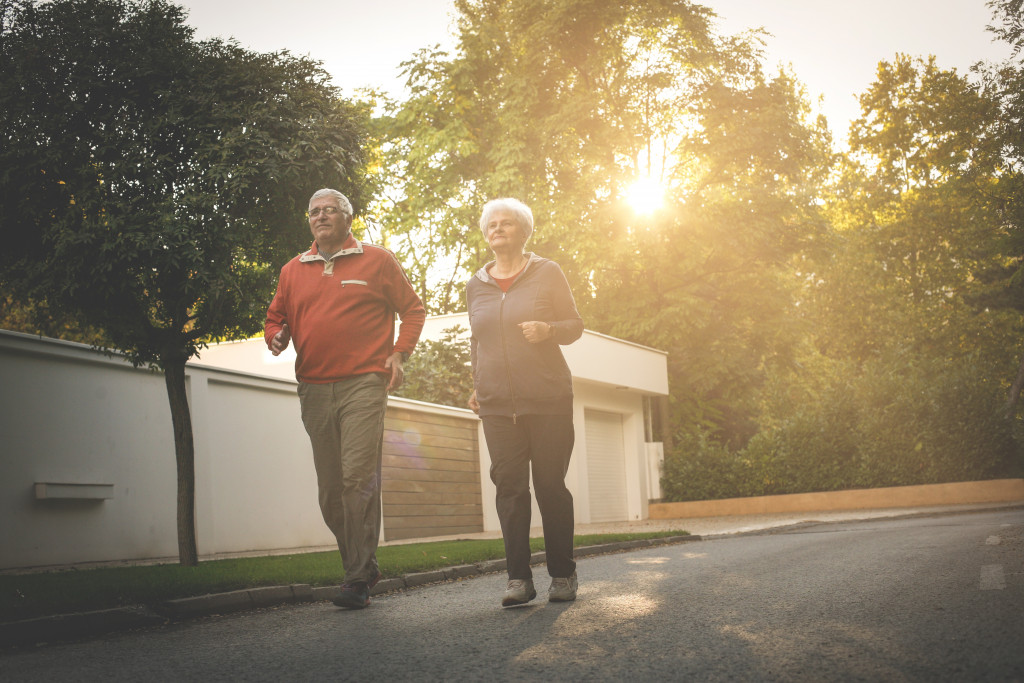As parents and grandparents grow older, it is vital to ensure that they are staying active and healthy. Exercise is essential in maintaining physical and mental health as people age. Regular physical activity can help reduce the risk of developing chronic diseases, improve balance, increase strength and endurance, maintain mobility, improve mood, and even help with cognitive function. Explore some tips for keeping your senior loved one active and healthy.
1. Set Realistic Goals Together
Before beginning any new exercise regime, setting realistic goals with your loved one is essential. Make sure to find out what their current level of fitness is so that you can design a plan that is appropriate for them. It might be helpful to start off by setting short-term goals such as walking 10 minutes a day or doing five sets of squats every other day. Once they achieve those goals, they can move on to more ambitious ones, like increasing the length or intensity of the workout or trying out a new type of exercise such as yoga or swimming.
Try to avoid setting goals that are too challenging, as this can be discouraging and lead to burnout. Many seniors find it helpful to break up the workout into smaller parts, such as taking a walk in the mornings and afternoons or doing stretching exercises every day. Ask your loved one what they would like to accomplish and come up with a plan that works for them.
2. Consider Professional Help
Depending on your loved one’s level of physical activity and health, you might want to consider hiring a professional. A personal trainer can help create a customized workout plan and provide motivation, while a physical therapist can assist with strength training or other exercises that might be more challenging.
Even terminally-ill seniors can benefit from professional help. Hospice care providers offer physical, occupational, and speech therapy services to help those living with a terminal illness stay as active and independent as possible. They can also provide emotional support, pain management, and spiritual care. If you think professional help might be beneficial, talk to your loved one and their doctor about potential options.

3. Encourage Variety in Physical Activity
One way to keep seniors engaged in their exercise routine is by encouraging variety in their physical activities. This could involve switching up the types of exercises they do each week to prevent boredom from settling in or taking them on outdoor adventures such as hikes or walks at nearby parks. Mixing up their workout routine will keep them interested and allow them to explore different ways of staying active and healthy.
If you can, join in on the activities with your senior loved one. Doing physical activities together can make it more enjoyable and provide an opportunity to bond. You can also take turns planning new activities, so they can experience something different every time. Many cities and towns offer classes specifically designed for seniors, such as chair yoga or low-impact aerobics.
4. Make Exercise Fun
Exercise does not have to be a chore! Finding ways for seniors to make working out enjoyable will help motivate them more than anything else. Consider signing up for classes at your local gym or finding activities that you and your loved one enjoy, such as dancing, bowling, bike riding, or gardening. If they don’t feel like leaving the house, there are plenty of online programs that offer fitness classes specifically designed for seniors – this way, they can work out right from home!
Plenty of laughter and smiles will go a long way! If possible, bring music into the mix to create an atmosphere that is lighthearted and fun. According to the Mayo Clinic, laughter can even help improve overall health and reduce stress. This is a great way to ensure your loved one is staying active, healthy and having a good time.
5. Prioritize Nutrition
A balanced diet is essential for overall health and well-being. It can help seniors maintain their energy levels, keep their bones strong, and improve mental health. Encourage your loved one to eat various healthy foods, including whole grains, lean proteins, healthy fats, and plenty of vegetables and fruits. Limit sugary drinks and snacks, processed foods, and saturated fats to reduce the risk of developing chronic diseases such as diabetes or heart disease.
Staying physically active is an important part of maintaining good health as people age. Research has shown that regular exercise reduces the risks associated with aging and improves the overall quality of life for seniors. By setting realistic goals, considering professional help, encouraging variety in physical activity, making exercise fun, and prioritizing nutrition, you can ensure your senior loved one is staying active and healthy. With the right support, they can continue to lead a long, full life.

